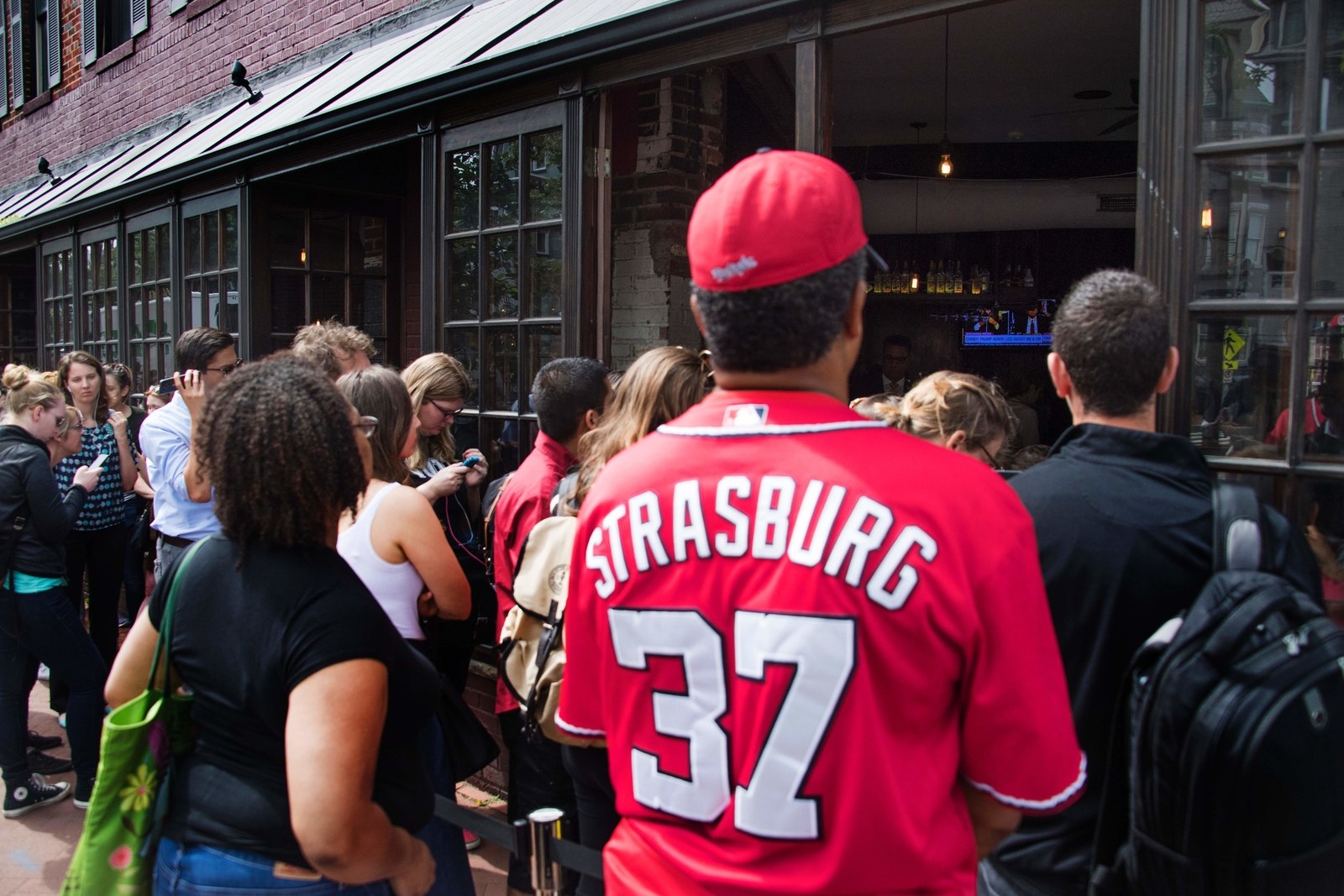Defining obstruction of justice
Obstructing justice seems straightforward: an attempt to impede or undermine a criminal investigation. But there are some important caveats.
“It requires proof that the person corruptly or by threat influences, impedes, or endeavors to influence or impede the due administration of justice,” Dressler says. “It doesn't require proof that justice was obstructed — only that the person endeavored to influence or impede justice.”
In other words, one needn’t succeed at obstructing justice to be guilty of it. It’s enough to prove that someone deliberately sought to hinder an investigation. The problem is that intent is often difficult to prove, especially in a circumstance where there are multiple contradictory motives.
Mark Tushnet, who teaches constitutional law at Harvard, offered an even simpler definition: “doing something that corruptly interferes with an ongoing investigation ... or doing something that makes it harder for the prosecutor to prove that you committed a crime.” Corrupt intent means “specifically wanting to derail an investigation, to prevent it from reaching what otherwise would be its conclusion.”




